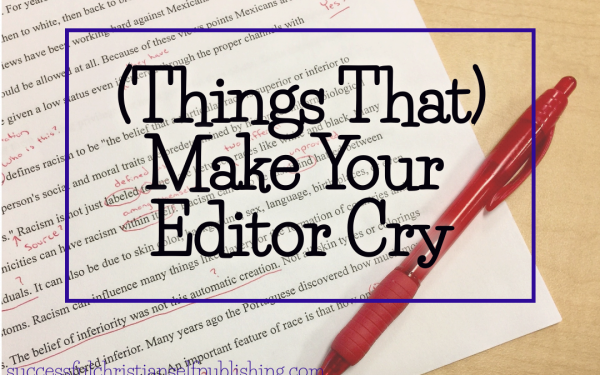Make Your Editor Cry: (LATIN) Etcetera or Etc.

The Latin et caetera translates literally to, “and the other things” or more loosely to “and others,” and is often abbreviated to “etc.” In the narrative, try to use alternate phrases like “and so on” or “and so forth” instead of the abbreviation of “etc.” In dialogue, it’s probably best to spell out the word “etcetera.”
It is common in the vulgate to mispronounce the word and drop the first t. Etcetera is never spelled eccetera without the first t since the Latin word et, which means and, is the root of the word.
Some other versions of “etc.” that are not common US English spellings include et caetera, et cœtera, et caetera, or et coetera, but its usual spelling in the narrative can be etc.
Examples:
Mary ran to the store to purchase rice, beans, bread, etc.
Mary ran to the store to purchase rice, beans, bread, and so on.
He collected makings for a fire; namely kindling, twigs, dry grass, rocks, etc.
The detective said, “You’re being charged with breaking and entering, trespassing, public lewdness, etcetera.”
In the narrative, do not use an introductory phrase for a list, like “such as” or “for example,” along with “etc.”
Do not use “etc.” more than once in a single narrative sentence.
Do not use any conjunction immediately before “etc.” such as “and etc.” since “et” already means “and,” thus any such phrase is automatically redundant.
Do not use “etc.” if you’re discussing a specific list of items that are needed and not anything more. For instance, if you only need parsley, sage, rosemary, and thyme you would not say, “parsley, sage, rosemary, thyme, etc.”
Do not use “etc.” to refer to people because it can only refer to things. The Latin phrase “et al.” is used to refer to people.
At the end of “etc.” there should always be a period because it is an abbreviation. In US English, abbreviations that fall inside a sentence must be followed by a comma, even if your word processor protests, and even if the comma looks out of place.
“Etc.” may be directly followed by other punctuation where necessary, but the period always comes first. When “etc.” comes at the very end of a sentence, only one period is used.
Example:
They ate cookies, cakes, peanuts, gumdrops, etc., and it’s unsurprising that they ended up with stomach aches.
It’s unsurprising that they ended up with stomach aches since they ate cookies, cakes, peanuts, gumdrops, etc.

Gregg Bridgeman is the Editor-in-Chief at Olivia Kimbrell Press. He is husband to best-selling Christian author Hallee Bridgeman and parent to three. He continues to proudly serve in the US Armed Forces and has done so in either an active or reserve capacity for more than twenty years as an airborne and air assault qualified paratrooper, earning a Bronze Star for his service. Most importantly, he was ordained in October of 2001 after surrendering his life to Christ decades earlier.

